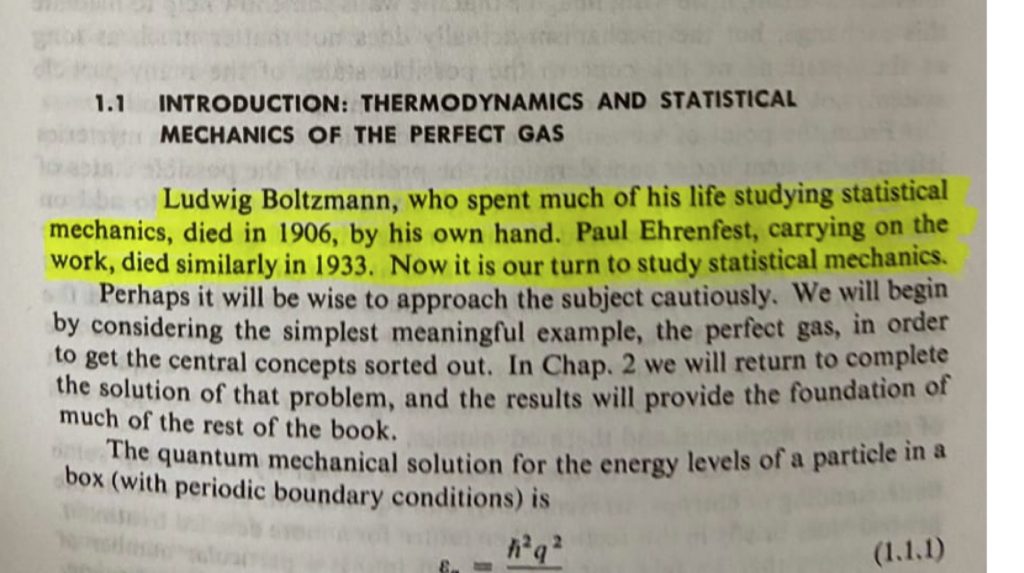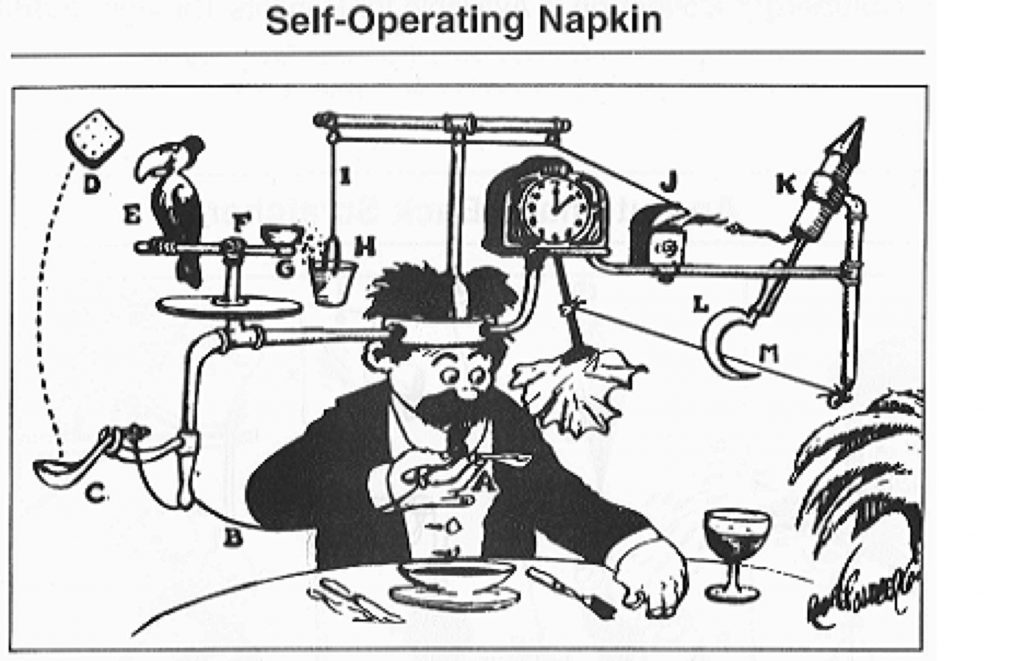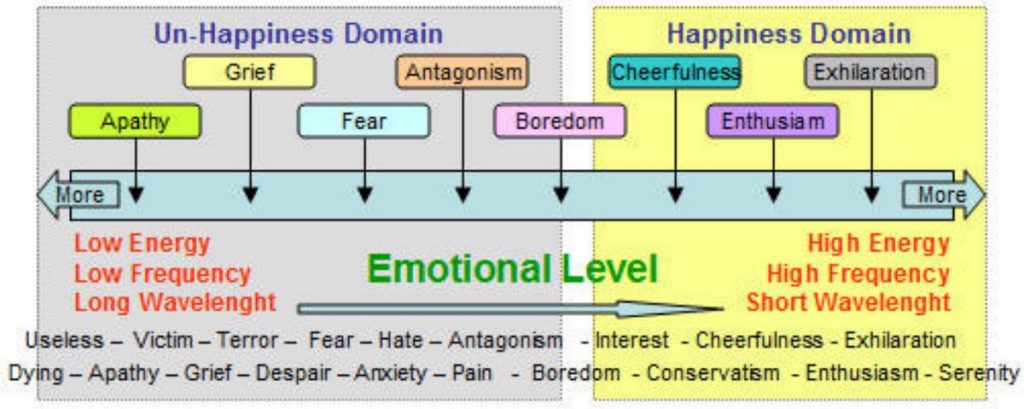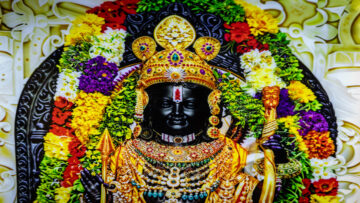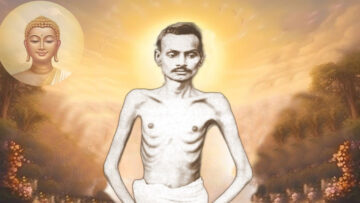This week started with the news of popular actor Sushant Singh Rajput’s suicide. To be honest to everyone I have not watched any of the movies that he was part of nor was following him on any social media for me to comment on his work or his personal & professional life. End of the day it was one life -one talent lost too soon, may his soul find Moksha. Om Shanti.
As usual, the media and chatterati analyzed and came to their own conclusions on the reason for this extreme measure. The common refrain is that he suffered from mental health issues, specifically “Clinical Depression” which lead to this tragedy. There has been a lot of talks now on the cybersphere about mental health and the need to reach out to people struggling with mental health issues. As a person who is struggling on a daily basis with mental health issues and putting up a brave face in the front of the world, so that I am not mocked or dissed. I certainly appreciate the fact that mental health has become a topic for open discussions. People will talk about this illness for some time, then make depression jokes and then move on to mocking their friends who suffer by calling them “lazy, burden, uninspired “ till the next celebrity event. As they say, “One death is a tragedy, a Thousand is just a statistic”. Mental health kills 10X times more people in the world than the current pandemic raging, and the important part is that it doesn’t need an elusive vaccine to cure it, but some understanding, compassion, reaching out and a strict regime of psychiatric medication.
This post is not about mental health, but since your very existence these days depends on being part of various WhatApp groups, the common punishment we all have to perpetually endure is the repeated forwards on the “hot” topic of the day. One such forward caught my attention, it said something like, you may have all the wealth and fame in the world and still not be happy. How true. Or wasn’t it always the truth that we turned a blind eye on. It got me thinking further and hence this post. Phew, that’s long preamble.
One of the best things that happened to me during this lockdown was the chance to learn “Yaksha Prashna”, the famous “rapid-fire question round” between a Yaksha (Nature Spirit)and Yudhishtara from the Mahabharata, from my Guru. Among the 124 Q&A, one particular struck me as if it was always known to me in decades of conscious existence.
Yaksha asks “What is Surprising ?”, and Yudhishtara answers “Day by day, beings (not only humans) go to the abode of death, still those who are remaining in the world think they are permanent, what can be a bigger surprise than this”. Isn’t it true that whenever anything bad happens (a pandemic, flood, earthquake, bankruptcy, etc) we all have a natural reaction that maybe this won’t happen to me. What is more, surprising than that? We all try to find permanence in an impermanent world.
Which brings me back to the original thought I had, if a man is searching for happiness, Why doesn’t wealth, fame, friends, family provide him with that. Where is the integral of this calculus when a person is satisfied in their life?
Let me switch my role and come back to the true role I connect with, “a student of science and an immature spiritual seeker”. As a student of science, something that has always fascinated me was the technique that scientists employ to solve mundane problems with serpentine explanations running over hundreds of pages to describe a simple solution. When I see these long research journals published to prove a simple point, the engineer in me revolts. We(engineers) have been trained to find simplistic and straight forward solutions to the problems posed.
One of the finest introductions to a scientific book I have read is below.
Makes sense is it not? Things should be plainly put across not in convoluted statements.
I digress, so let me tell you what was all this introduction about. From the beginning of human evolution, we have been driven by the one primary hope of finding happiness. Behind every action, if you dig deep we are driven by the constant search for happiness. The influential German philosopher Immanuel Kant who laid the foundation of code of ethics and morality in modern philosophy says “Happiness is not an ideal of reason, but of imagination”.
So what makes us happy? Why doesn’t the same objects, people, or circumstances that made us happy in the past don’t give us the same level of joy now? Is there a state called perpetual happiness? Below are my deductions upon contemplating these questions.
First of all, happiness is not the opposite of sadness. For a pair of states to be opposite, the absence of the state should denote the opposite state. The absence of happiness is not necessarily sadness and vice versa. There are multiple stages in the spectrum between happiness and sadness. And these are the states we generally live our lives through. Happiness and Sadness are extreme states that we humans encounter for a fraction of time in the 60,000+ hours of an average human life. Hence we should understand the impermanence of both these extreme states. As my good friend keeps reminding me often “This too shall pass”.
We try too hard at times to be happy. Often we pledge our own happiness to others and circumstances. In this process, we tend to comply with the standards and expectations others set for us. We try hard to be compliant with the belief systems of others for acceptance. I can talk about myself when I say I have found myself to be a misfit among most of the people I know. Whenever I have tried not to be true to myself and “fit” into a group or situation, it has only lead to stress and mental dissonance. At times we build complicated solutions to achieve the simplest objective, in this case being happy.
Many of you would be aware of “Rube Goldberg machines”,
A Rube Goldberg Machine for a self-operating napkin
simply put they are machines intentionally designed to perform a simple task in an indirect and overly complicated way. Usually, these machines consist of a series of simple unrelated devices; the action of each triggers the initiation of the next, eventually resulting in achieving a stated goal.
In search of happiness, we too try to create such mental machines to give us something which could be achieved in a much simpler way. If happiness was external and linked to objects, people, or circumstances, they should be able to sustain the same level of happiness once we acquire it, isn’t it? But we see that there is no object that can give us the same(peak) level of happiness always. There is always an “elasticity of demand” for the external happiness we seek. We get into a perpetual rat race of desires, where either the race tires the racer or the racer gives up. There is a simple way out of this Mental Goldberg Machine that we try to build, no I am not going say seek happiness within. I am just saying, don’t be seeking happiness. If it comes across well and good, else understand we need not be stuck at the extremes, try to push yourself to the next possible intermediate state and keep inch pebble goals to be somewhere in the middle.
Remember it’s OK, just to be OK. As Swami Chinmayanandaji says “ Do not have regrets about the past, anxiety over the future or excitement over the present”.
The world is not fair! Actually your view of fairness or unfairness is based on your conditioning. You are not comparing it with a fixed moral compass or an absolute measure, it is always your view of fairness. And yes the world is not fair in our limited view, there is always a play of cause-effect and karma that nudges our life’s forward. Even the most powerful cluster of supercomputers will be not able to correctly compute the cause of the effect we are going through now. Think of the butterfly effect from chaos theory, a butterfly fluttering its wings may have a multiplier effect on causing a tornado somewhere else. Earlier we accept this fact of life better we move on
People are NOT important enough to react back. The other day my good friend asked me, why am I bothered about perceived imperfections and flaws with others. My friend hit the nail on its head with the question. The only reaction we should try to have is to our inner voice, listen carefully to that voice, and try to give truthful answers to that conscience. Be clear why you are doing an action, right or wrong confess to that voice. Don’t hold any guilt, it is a conversation you are having with yourself, be frank with it. Don’t judge yourself, if you feel you or others are in the wrong, keep it to yourself. It’s your personal confession chamber, where the secret need not be revealed to anyone else. Don’t use it as a self-correction mechanism, over a period of time your conscience will slowly nudge you with the right response, it will take time. Be patient.
When dealing with people remember Hanlon’s philosophical razor, “Never attribute to malice that which is adequately explained by stupidity”. Be impressed and content with yourself; another’s smiling face, message or emoticon cannot make you happy. At best it can give you a serotonin rush, so would narcotic drugs. It is temporary, remember that.
Build the simplest possible mental machine in life. Let that machine be of “Karma Yoga”, espoused by Lord Krishna in Bhagavad Gita where he says
“कर्मण्येवाधिकारस्ते मा फलेषु कदाचन |
मा कर्मफलहेतुर्भूर्मा ते सङ्गोऽस्त्वकर्मणि ||
karmaṇye vadhikaras te ma phaleṣhu kadachana
ma karma-phala-hetur bhūr mā te sango ’stvakarmaṇi
You have a right to perform your prescribed duties, but you are not entitled to the fruits of your actions. Never consider yourself to be the cause of the results of your activities, nor be attached to inaction.
In simple words “do your best, leave the rest, invest the most, leave the returns for the rest”
Install the lord in your mind, let him adopt you, give him that chance. And when you waver at either end of the spectrum, you will hear him call out to the Arjuna in you and roaring loud “Uttiṣhṭha parantapa — Arise, oh vanquisher of enemies”.
May you skip the extremes. OM TAT SAT
Explore Dukh, Depression, and Journeys of Life series – Part I, II, III, IV, V, VI, and VII
Editor’s Note: In these difficult times and uncertainties we are attempting to provide to our reader’s information through experiences on overcoming anxiety. Articles published in this series are essentially broad strokes and in no way a medical subscription. For many of us, worldwide lock-down is going to create financial worries, anxiety about loved ones in distant countries and increase the burden of responsibilities in different ways. Such situations leave us with a feeling of helplessness and hopelessness. Spiritual well being is one straw that many of us will want to reach out and wonder how others overcame their problems. Inner journeys will help us with our outer journeys. Sharing your journey will raise the collective positivity. If you would like to write a piece for this series please do write to us at editor@indictoday.com
Disclaimer: The opinions expressed in this article belong to the author. Indic Today is neither responsible nor liable for the accuracy, completeness, suitability, or validity of any information in the article.


